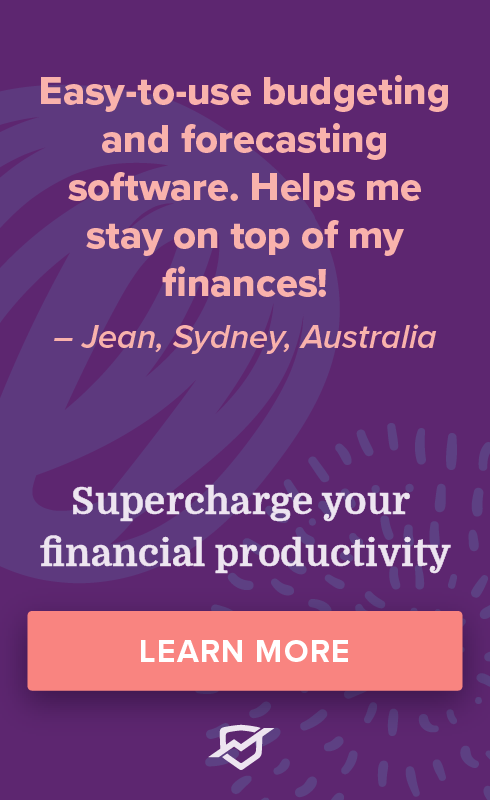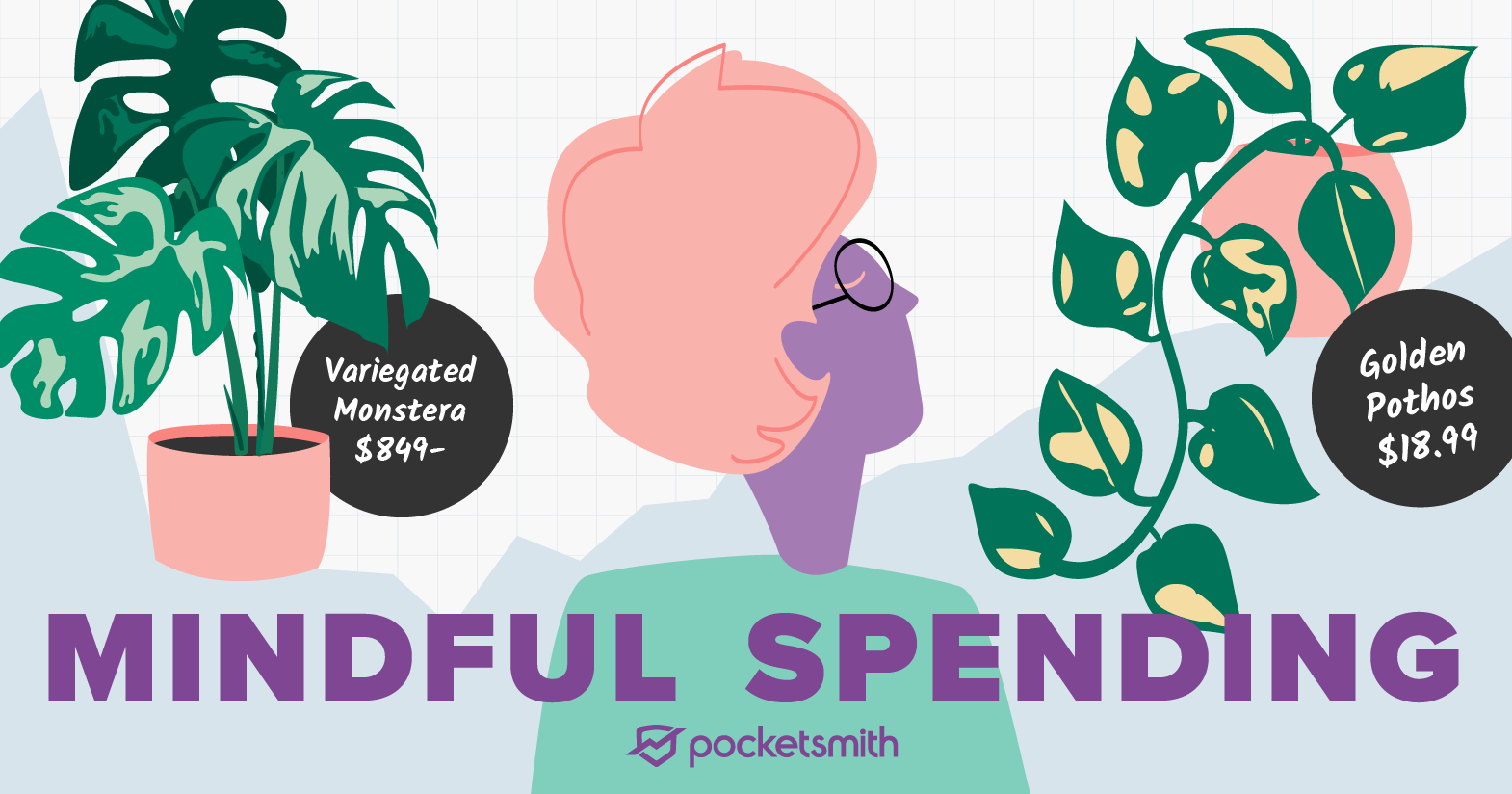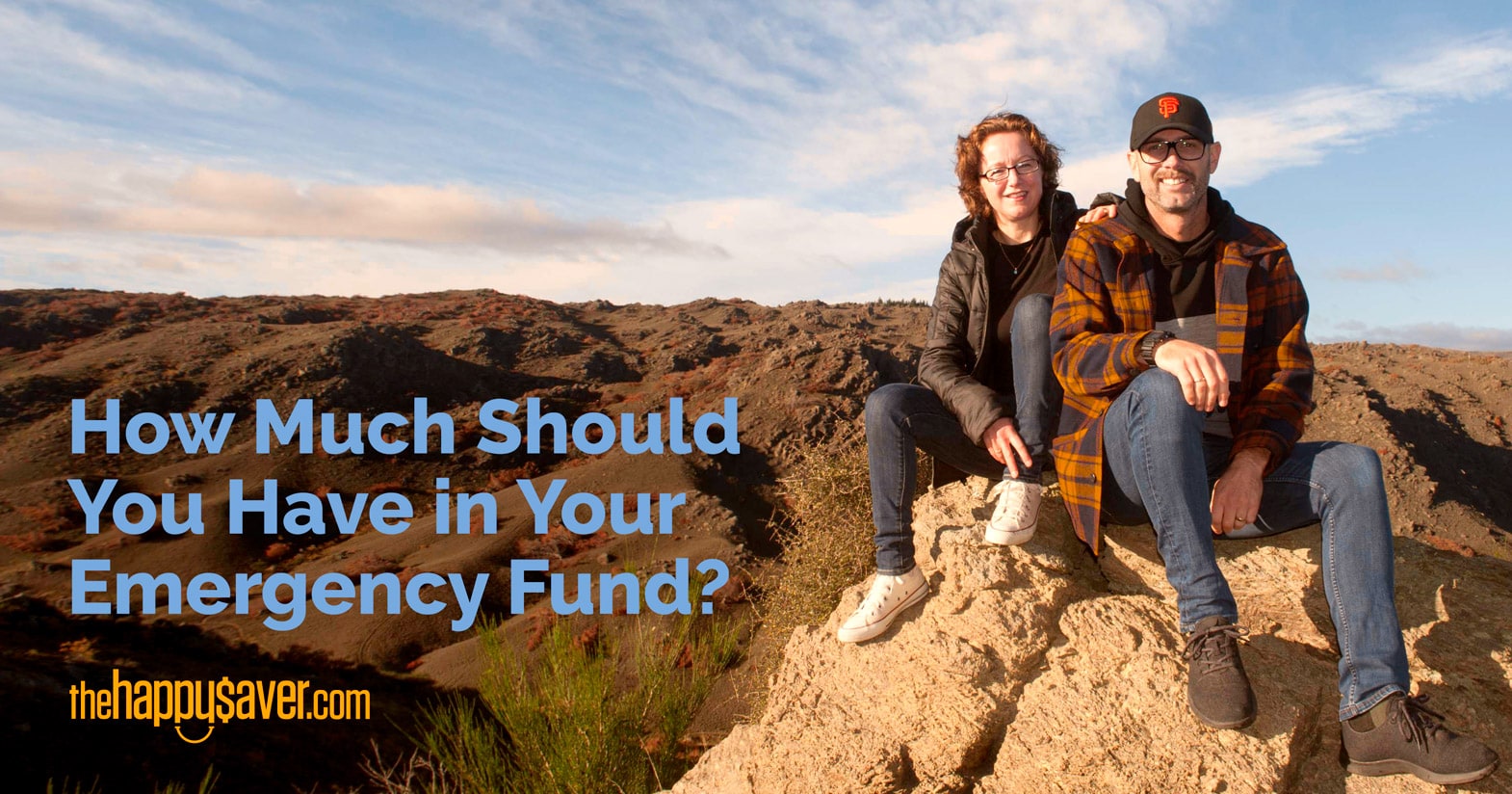
Nine Financial Tips for the New Normal
As we emerge from varying degrees of lockdown and begin to transition back into the realities of daily life, it’s not uncommon to find your spending is getting a little… out of control. The trauma of 2020 has impacted everyone in some way.
We’ve all been stuck at home driving ourselves crazy for months on end; it’s no wonder we’re struggling to stick to a budget or cope with the multitude of social activities we’re suddenly able to do again! Today we’re sharing nine top financial tips to help you adjust your finances to the new normal.
- Be kind to yourself
- Review your spending regularly
- Rebalance changes in your budget
- Focus on those emergency savings
- Be wary of habit spends
- Maximize your savings potential
- Audit your accounts
- Set new goals
- Release the pressures of 2020
1. Be kind to yourself
One of our biggest financial wellness tips is to be kind to yourself, especially right now. If you’ve just come out of lockdown or you haven’t seen your family in months because of restrictions, don’t beat yourself up for spending a little more than you usually would. If you can, factor a couple of weeks of bigger spending into your budget, so you can enjoy the fruits of your lockdown labor without stressing.
2. Review your spending regularly
44% of U.S. adults plan to take on debt to “treat themselves” during the second half of the year. With the situation changing and new things opening up again regularly, keep a close eye on your spending and ramp up your budget review frequency. Going from hibernation spending to a world of bars, restaurants, shops and spending triggers galore, your spending can read like a kid in a candy shop! Make sure you’re still making mindful spending decisions and check yourself if things slip out of control.
3. Rebalance changes in your budget
During lockdown, spending categories were way out of whack for many of us. Electricity bills soared, while commuting costs might have dropped. Take the time to rebalance your budget and see whether new categories need to be implemented. Everyone’s new normal will look different. Perhaps you’re continuing to work from home and need to keep accounting for your higher electricity spends, or maybe you’re back at work and need to deploy some of your Uber Eats spending into your transport allocation.
4. Focus on those emergency savings
If 2020 has taught us anything, is that we just don’t know what’s around the corner. Once you’ve allowed yourself a short indulgence period post-lockdown, think about putting some serious effort into topping up your emergency fund. Having liquidity available to access in an emergency is one of the most important pillars of financial wellness.
5. Be wary of habit spends
Old habits die hard, as they say, and for some of us (hey, Melbourne) who have spent months on end in lockdown, there could be some unexpected habits that need tackling. If you’ve been spending extra on new habits during lockdown, consider whether those can coexist with your ‘normal’ social spending and other expenditures that will come naturally as things reopen.
6. Maximize your savings potential
Over the past few months interest rates have dropped even further. That means your previously high-earning savings account could be underperforming. Compare other accounts to ensure your savings are working as hard as they can for you, and consider whether you might be able to maximize your money through extra retirement contributions or other investments while rates are low.
7. Audit your accounts
The way you used to manage your money may not be suitable for your new normal, and that means the accounts you have set up might not be either. Whether you use savings buckets or sinking funds or any other spending structure, it could be time to close down old accounts and reorganize where your money goes.
8. Set new goals
With aspects of reality starting to return to our lives, it’s time to get excited about new goals again – finally! That might mean starting a savings fund for travel, for a milestone birthday, or to treat yourself to something you’ve had your eye on. Use goal setting to start looking ahead to the future.
9. Release the pressures of 2020
If 2020 has been hard for you financially, either through losing income or just the fear and uncertainty of what could happen, engage in some mindfulness practices to release the stresses of this year. A great way to improve your overall financial wellness is through journaling. Take some time to journal out how 2020 made you feel financially, and see what comes up for you. It can help you shape your roadmap for your financial future, and see what types of emotions you’re attaching to the past few months from a financial perspective.
Want to overhaul your money management while you tackle this new normal? PocketSmith is the budgeting software for people who like it hands-on, helping you create a fully customized dashboard with real-time spending tracking and even multiple income stream management.
Emma Edwards is a finance copywriter and blogger, on a mission to humanize the financial services industry by creating meaningful content that’s accessible and empowering. You’ll find her penning money tips at her blog, The Broke Generation, sharing financial insights on Instagram, or injecting life into content for her business clients.





